The warm weather that comes with summer also ushers in increased chances for severe storms, floods and even tornadoes. Follow these tips from Dr. Daniel Fagbuyi for weathering summer storms.
Make a disaster plan
“The importance of having a plan is it takes away the stress and anxiety of what to do next,” Dr. Fagbuyi says. “The plan allows for everyone else to be on the same page for communication purposes.”
- Make sure all children have parents’ work phone numbers and cell phone numbers
- Agree upon a meeting place in case you and your child separate
- Make sure your child knows how to contact EMS and dial 9-1-1
- Make sure your child’s school has your contact information, other emergency contact numbers, information about your meeting place and the pediatrician’s number
- If your child has special health needs, make sure to have an Emergency Information Form filled out by your child’s doctor and available for schools in case of emergency
- Contact your local Red Cross to learn about additional ways to plan for particular disasters common in you region
- Create a family emergency disaster kit
Dr. Fagbuyi said that giving your children roles and responsibilities can be helpful too.
“I do this with my kids: one is supposed to get the flashlights, one checks that all the doors are sealed and one gets all the books and coloring books. We work together as a family,” he said.
Once everyone has a role and responsibility, the family should also know what to do during different types of severe weather.
Planning for a power outage
This can happen during any kind of severe weather, from high winds to thunderstorms, and families with special needs, like children on dialysis machines, nebulizers or oxygen pumps, should have a backup power source and inform the power company provider of their special needs.
Planning for a tornado
According to the Centers for Disease Control and Prevention (CDC), during a tornado, the most important thing to know is to take shelter, as flying debris can be deadly:
- Avoid windows
- Head to the basement
- If there is no basement, go to an interior room on the lowest level of the home
- Get under something sturdy (heavy table or desk)
- Avoid taking shelter where there are heavy objects, like pianos or refrigerators
Learn more about what to do when a tornado strikes when you’re in a car, at school, or in a mobile home from the CDC.
Planning for floods
Sometimes severe storms can cause flooding. The CDC says families should practice a flood route prior to a storm. Additionally, ask an out-of-state relative to be a family contact, in case of separation, and ensure that everyone knows the contact information for the family contact. During a flood watch or warning:
- Gather emergency supplies
- Tune in to local weather or news for updates
- Turn off all utilities at the main power switch and close the main gas valve if evacuation appears necessary
- Have immunization records handy, or know the status of tetanus shots for each family member in case of puncture wounds
- Fill bathtubs, sinks and water bottles with clean water
- Bring all outdoor possessions inside
For any type of emergency, its good practice to keep a battery operated radio or weather radio available for updates.
Dr. Fagbuyi also says that storms can cause great anxiety for children, so it’s important to let them know that severe weather does occur and that it’s a part of nature and will pass.
 https://riseandshine.childrensnational.org/wp-content/uploads/2024/06/boy-swimming-feature.jpg
300
400
Rise and Shine
https://riseandshine.childrensnational.org/wp-content/uploads/2017/11/childrens_riseandshine_logo.jpg
Rise and Shine2024-06-17 13:02:582024-06-17 13:07:07How to prevent swimming-related illnesses
https://riseandshine.childrensnational.org/wp-content/uploads/2024/06/boy-swimming-feature.jpg
300
400
Rise and Shine
https://riseandshine.childrensnational.org/wp-content/uploads/2017/11/childrens_riseandshine_logo.jpg
Rise and Shine2024-06-17 13:02:582024-06-17 13:07:07How to prevent swimming-related illnesses


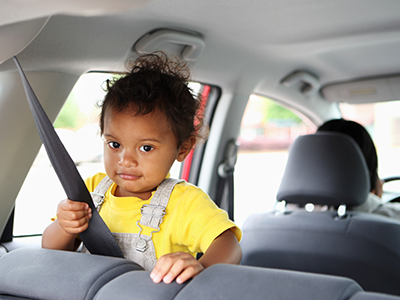
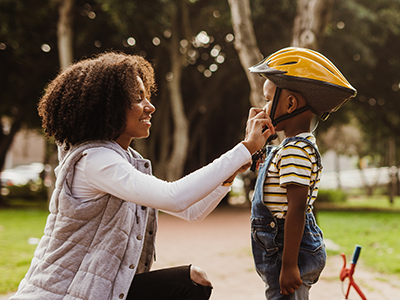
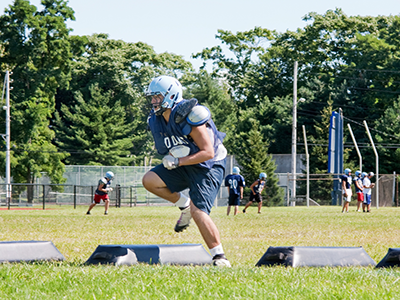
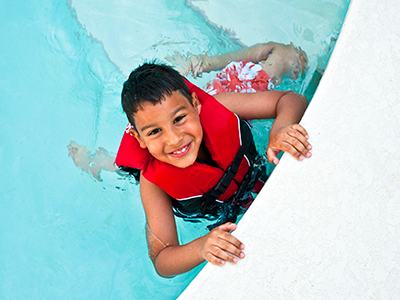
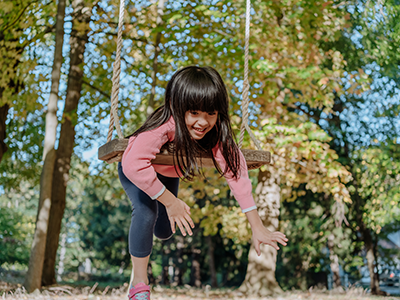
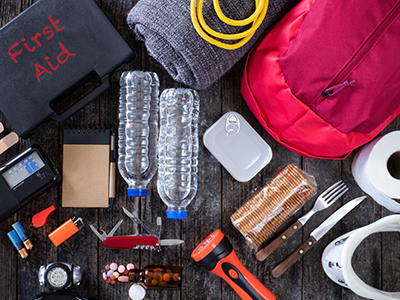
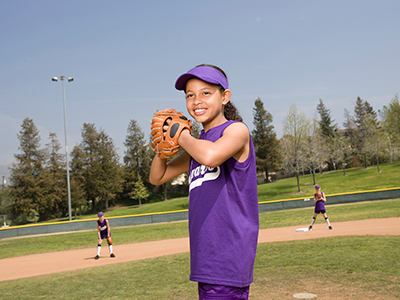



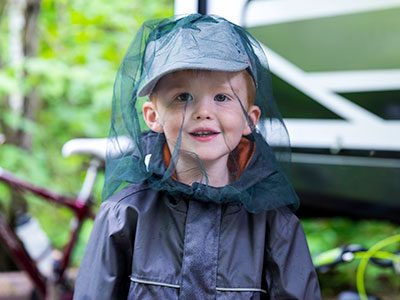
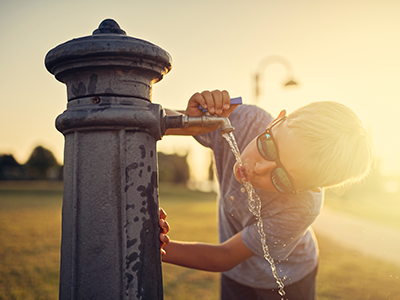


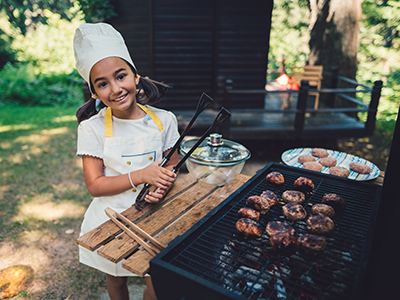
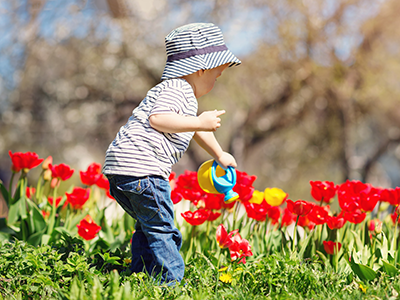
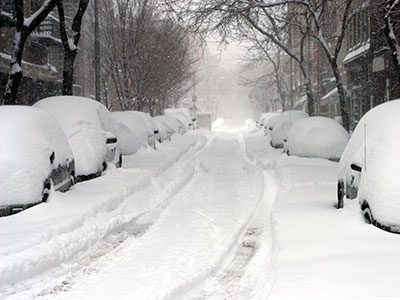
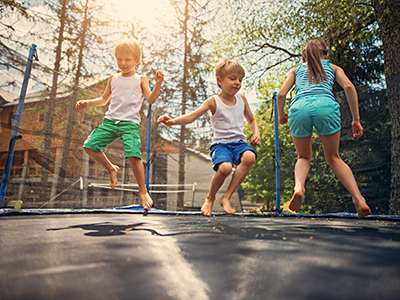
Thanks! This is really great information that is practical and informative. I live in Florida and every year there are so many people who do not take preparedness seriously. I will share this with my neighbors.
Glad you like it. And thanks for sharing!